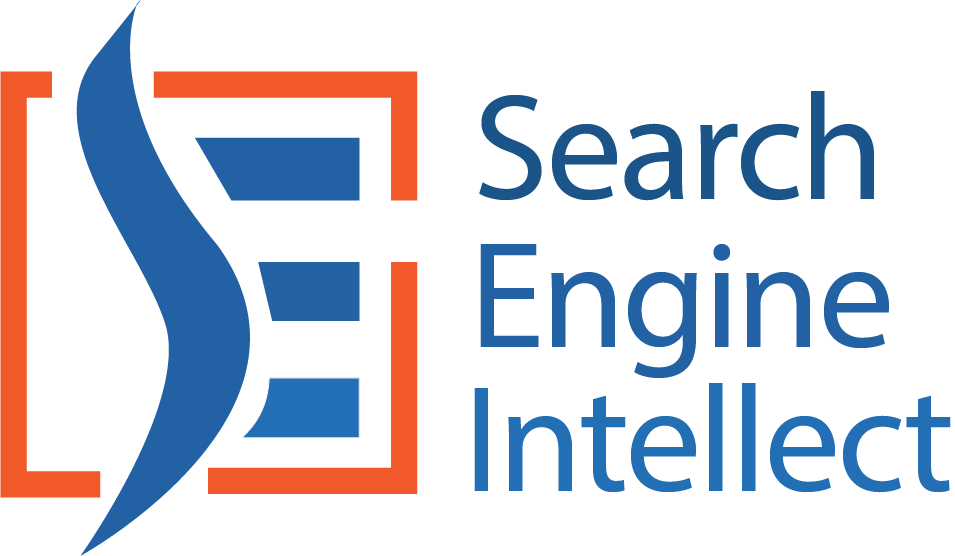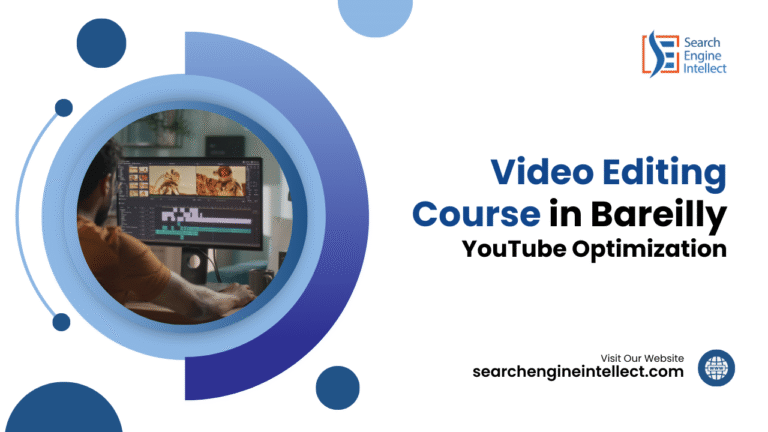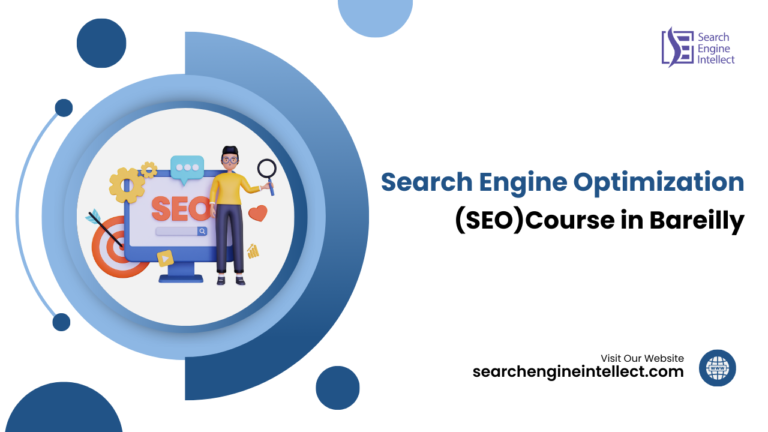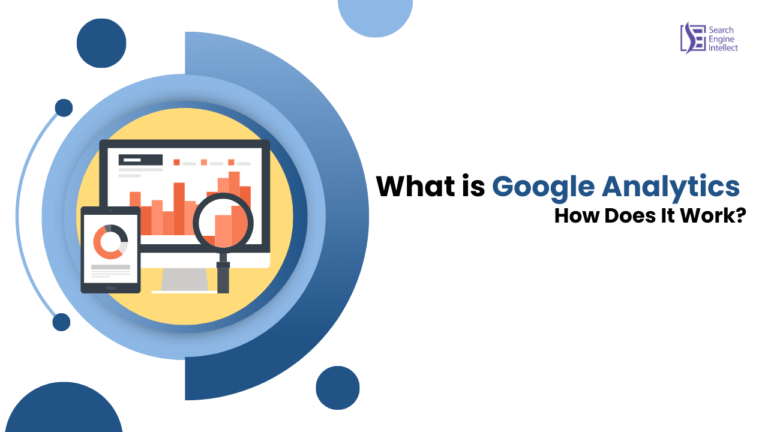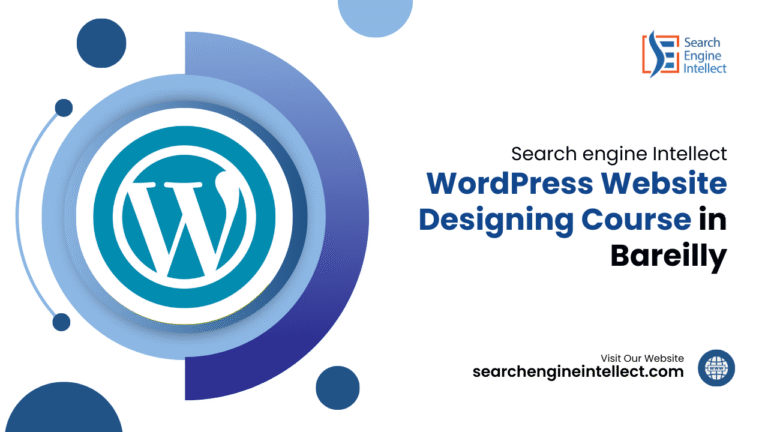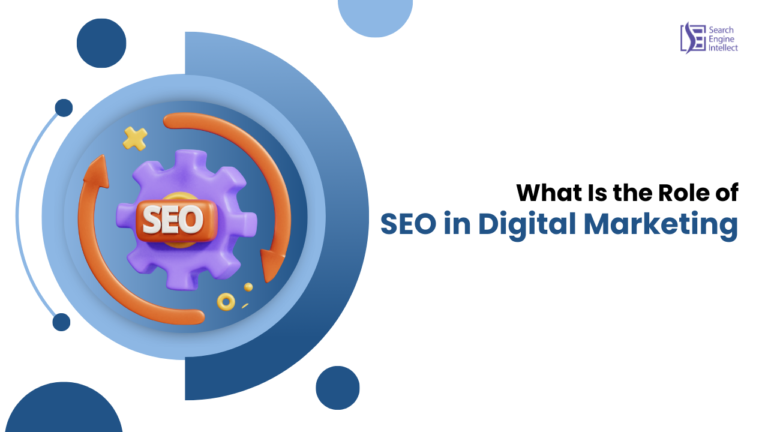Top 10 AI SEO Tools to Use in 2026
Table of Contents
Book a Free Demo Class
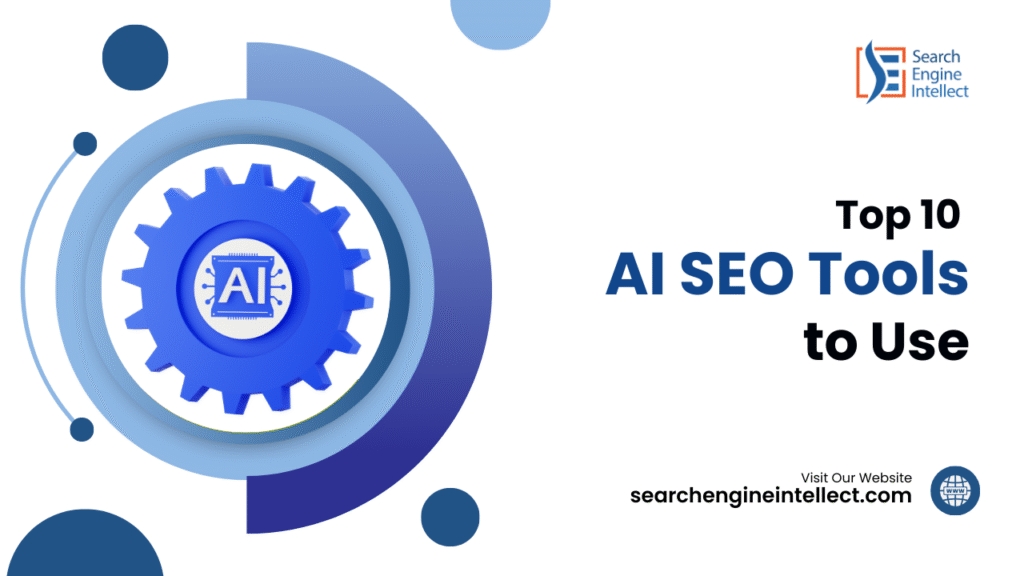
Top 10 AI SEO Tools to Use in 2025
Now SEO is no longer just about keywords and backlinks. Search engines now rely on artificial intelligence, user intent, and entity-based understanding to rank content. This evolution has made AI SEO tools essential for businesses that want visibility not just on Google, but also on AI-driven platforms like ChatGPT, Gemini, and Claude.
Modern SEO automation tools help marketers analyze data faster, optimize pages for direct answers, and improve visibility across AI search results. From AI keyword research tools to AI content optimization and technical audits, these platforms are reshaping how SEO works.
In this guide, you’ll discover the top AI SEO tools to use in 2026, a clear AI SEO tools comparison, and practical tips to choose the best AI search optimization tools for your goals.
Also read: Top 10 AI Marketing Tools for Digital Marketers Guide
Why AI-Powered SEO Tools Matter
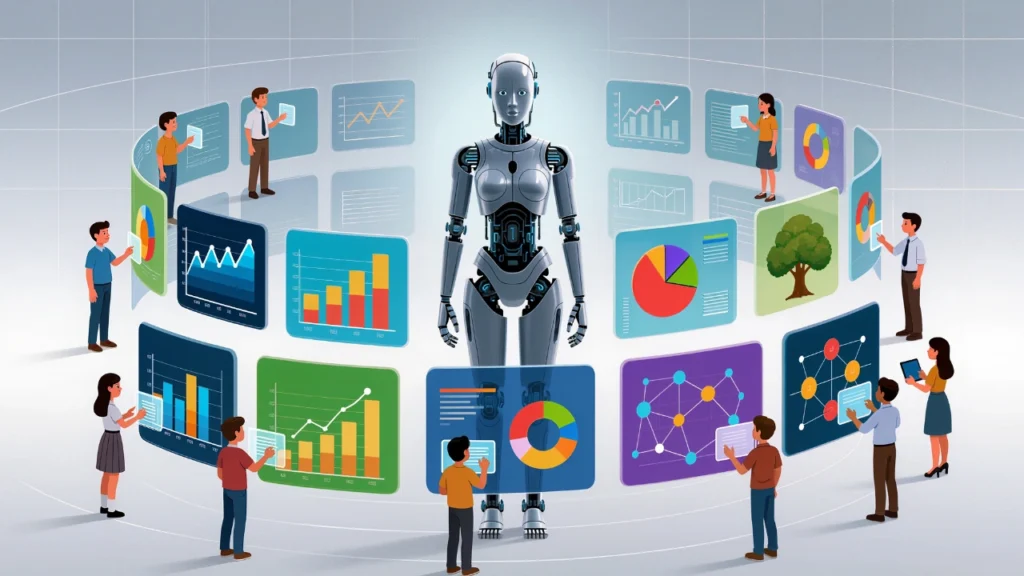
AI-powered SEO tools are no longer optional. Search engines now evaluate intent, entities, context, and answers, not just keyword placement. To stay visible in both Google results and AI-generated answers, businesses must adapt.
Here’s why they matter more than ever:
1. Search Has Shifted From Keywords to Intent
AI SEO tools analyze user behavior, conversational queries, and intent patterns, helping content match what users actually want.
Result: Your content matches real questions, not outdated keyword stuffing.
2. AI Search Results Need Answer-First Content
Google, ChatGPT, Gemini, and other AI systems prefer content that delivers clear, direct answers.
AI-powered SEO tools help you:
- Optimize FAQs
- Structure featured-snippet content
- Improve AI answer eligibility
3. Entity-Based SEO Is Now the Ranking Foundation
Search engines connect brands, topics, and concepts as entities.
AI SEO tools:
- Map related entities
- Build topical authority
- Strengthen brand associations
This improves trust and long-term rankings.
4. Faster, Smarter Content Optimization
Manual SEO takes time.
AI tools analyze top-ranking pages in seconds and recommend:
- Top-ranking pages
- Ideal word count
- Headings and semantic coverage
Outcome: Higher rankings with less effort.
5. Historical Data + Predictive Insights
Advanced SEO automation software uses historical SERP data to forecast trends.
This helps you:
- Identify rising topics early
- Avoid declining keywords
- Plan content confidently
6. Better Technical SEO Decisions
AI-powered SEO automation tools detect:
- Crawl and indexing issues
- Page experience gaps
- Core Web Vitals problems
They also suggest fixes that align with Core Web Vitals and AI crawling behavior.
7. AI Visibility Tracking Is a New Requirement
SEO success now includes visibility in:
- Google AI Overviews
- ChatGPT answers
- Gemini and Claude responses
Modern AI SEO tools track AI citations, brand mentions, and share of voice.
8. Competitive Advantage in Crowded Markets
As more content is created daily, AI tools help you:
- Create differentiated, high-value pages.
- Identify content gaps
- Outperform competitors
9. Scalable SEO for Teams and Businesses
AI-powered tools allow teams to:
- Scale content production
- Maintain quality
- Stay consistent across pages
This is critical for growing websites.
10. Future-Proofing Your SEO Strategy
Search algorithms will continue to evolve. AI SEO tools adapt faster than manual methods. Using them today protects your rankings tomorrow.
Top 10 AI SEO Tools
AI is no longer a trend – it’s the backbone of modern SEO. Now, search engines reward content and strategies driven by artificial intelligence, entity understanding, search intent, and AI-friendly answers. If you want to rank higher in Google, ChatGPT, Gemini, or Claude, you need the right AI SEO tools.
Here’s the ultimate list of the top 10 AI SEO tools that marketers, businesses, and creators should be using in 2025.
1. Surfer SEO – Best AI Content Optimization Tool

Best for:
- On-page SEO & content writers
- Surfer SEO uses NLP and AI to analyze top-ranking pages and guide content creation.
Key AI Features
- NLP-based keyword suggestions
- AI content score
- SERP-driven optimization
- Heading & structure guidance
Why it’s important
Excellent for AI content optimization and AEO-style writing.
2. Jasper (SEO Mode) – Best AI Writing + SEO Tool

Best for
- Content teams and marketers
- Jasper combines AI writing with SEO optimization.
Key AI Features
- AI blog & copy generation
- SEO-focused prompts
- Brand voice control
Why it works
Great for scaling SEO content without losing consistency.
3. Semrush AI – Best All-in-One AI SEO Tool

Best for:
- Agencies, professionals, growing brands
- Semrush AI combines traditional SEO data with machine learning to give predictive insights.
Key AI Features
- AI keyword clustering by intent
- AI-powered topic research
- SERP volatility tracking
- Competitor AI insights
- Content optimization suggestions
Why it’s powerful
One of the most reliable SEO automation tools for long-term planning.
4. Ahrefs AI – Best for AI Search Optimization & Historical Data
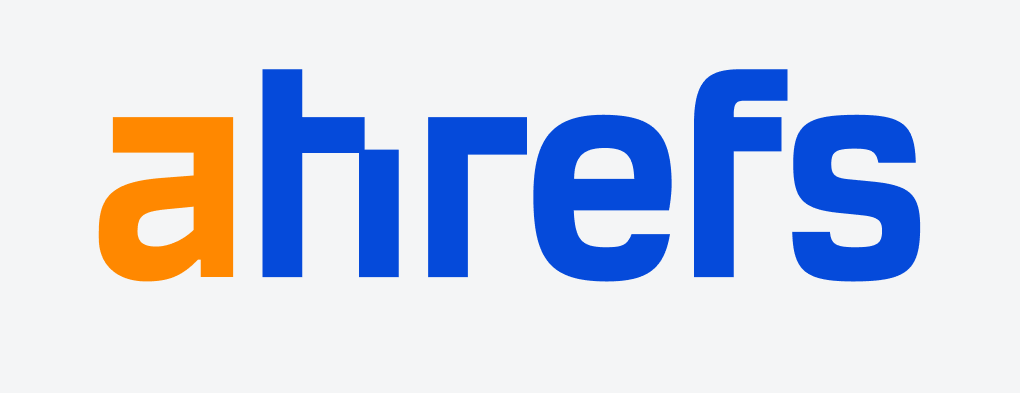
Best for
- Data-driven SEO, backlink strategy
- Ahrefs AI is known for massive historical datasets and accurate SERP analysis.
Key AI Features
- AI keyword difficulty modeling
- Search intent classification
- Historical ranking trends
- AI backlink analysis
Why it stands out
Top choice among AI keyword research tools.
5. Clearscope – Best for Content Quality & Entity SEO

Best for
- Editorial teams and authority websites
- Clearscope focuses on semantic relevance and entities rather than keyword stuffing.
Key AI Features
- AI relevance scoring
- Entity-based keyword suggestions
- Readability improvement
Why it matters
Helps Google and AI systems understand context and depth.
6. MarketMuse – Best AI Tool for Topical Authority & GEO

Best for:
- Large sites, SaaS, publishers
- MarketMuse uses AI to model topic authority and content gaps.
Key AI Features
- Topic authority modeling
- Content gap analysis
- Predictive ranking insights
- Internal linking suggestions
Why it’s unique
Ideal for Generative Engine Optimization (GEO).
7. Screaming Frog + AI Integrations – Best for Technical SEO

Best for
- Technical SEO professionals
- Screaming Frog now integrates AI for smarter analysis.
Key AI Features
- AI-assisted site audits
- Entity & metadata insights
- Crawl prioritization
Why it matters
Technical SEO still powers rankings—and AI makes it faster .
8. RankMath AI – Best AI SEO Tool for WordPress

Best for
- WordPress bloggers and businesses
- RankMath AI integrates AI SEO tools directly inside WordPress
Key AI Features
- AI SEO score suggestions
- Automated schema markup
- Content improvement tips
- Internal linking AI
Why it’s popular
Beginner-friendly SEO automation software.
9. Frase.io – Best Tool for AEO (Answer Engine Optimization)
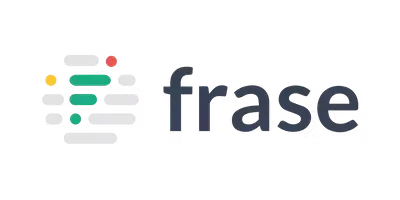
Best for
- FAQs, featured snippets, voice search
- Frase is built specifically to optimize content for answers, not just rankings.
Key AI Features
- AI question research
- SERP-based answer extraction
- FAQ optimization
- Topic clustering
Why it’s essential
Frase helps content get picked by AI search engines for direct answers.
10. Peec AI – Best for AI Search Visibility Tracking

Best for
- AI visibility & brand tracking
- These tools focus on how often your brand appears in AI answers.
Key AI Features
- AI citation tracking
- AI share of voice
- ChatGPT, Gemini, Claude monitoring
Why it’s critical
Traditional SEO tools don’t show AI visibility—these do.
Comparison Table – Top AI SEO Tools
| Tool Name | Best For | AI Strength | Key Use Cases | Pricing Tier (Free/Pro) |
|---|
| Semrush AI | All-in-one SEO | Keyword + SERP + Content | Full SEO suite, ranking insights, competitor analysis | Free trial / Paid |
| Ahrefs AI | Data & backlinks | Historical data + Keyword intelligence | Backlink analysis, SERP trends | Paid |
| Surfer SEO | On-page & Content | NLP content optimization | Content score, write assistant | Free trial / Paid |
| Frase | AEO & Answers | AI answer optimization | FAQ content, topic research | Free trial / Paid |
| Clearscope | Content Relevance | Entity & semantic scoring | High-quality article optimization | Paid |
| MarketMuse | Authority & Topic Depth | Predictive topic modeling | Content planning + topic authority | Paid |
| RankMath AI | WordPress SEO | Integrated AI suggestions | Schema, on-page score | Free / Paid |
| Jasper (SEO Mode) | AI Writing + SEO | AI-generated content + SEO tone | Bulk content creation | Paid |
| Screaming Frog + AI | Technical SEO | AI-assisted site audit | Crawl, errors, architecture | Paid |
| Peec AI | AI Visibility Tracking | LLM visibility & citation metrics | AI search performance | Paid |
Also read: How to Increase Website Authority (Domain Rating)
How to Compare AI Search Optimization Tools
AI Search Optimization tools are designed to help your content appear in AI-generated answers from platforms like Google AI Overviews, ChatGPT, Gemini, and Claude.
To choose the right tool, you need to evaluate them from an AEO (Answer Engine Optimization) perspective—not just traditional SEO.
Here’s a clear, practical framework you can use.
1. Check AI Answer & Citation Tracking
The most important AEO feature.
Ask:
- Does the tool track visibility in AI answers?
- Can it show whether your brand is cited by ChatGPT or Gemini?
- Does it measure AI share of voice?
Why it matters:
If a tool cannot track AI citations, it cannot help you win AI search.
2. Evaluate Question & Intent Understanding
AEO is built around questions, not just keywords.
Look for tools that:
- Identify “how,” “what,” and “best” queries
- Cluster questions by intent
- Recommend answer-first content structures
Why it matters:
AI engines rank direct, clear answers higher.
3. Analyze Entity & Topic Coverage
AI search engines rely on entities, not keywords.
Compare tools based on:
- Entity recognition (people, brands, products, locations)
- Topic authority modeling
- Content gap analysis at the topic level
Why it matters:
Strong entity coverage increases trust and AI inclusion.
4. Review Content Optimization for AEO
Not all AI tools optimize content the same way.
Choose tools that:
- Recommend short, direct answers at the top
- Support FAQ and Q&A formatting
- Suggest tables, lists, and summaries
Why it matters:
AI prefers structured, skimmable content.
5. Check Support for Schema & Structured Data
Schema helps AI understand context.
Compare tools on:
- FAQ schema generation
- HowTo and Product schema support
- Automatic schema suggestions
Why it matters:
Structured data increases eligibility for AI answers.
6. Measure Historical Data & Predictive Insights
The best AI SEO tools don’t just show today’s data.
They should provide:
- Historical performance trends
- Ranking behavior patterns
- Predictive AI visibility insights
Why it matters:
AEO is long-term. Trends help you plan ahead.
7. Test AI Visibility Reporting & Dashboards
Good tools make AI visibility easy to understand.
Look for:
- AI-specific dashboards
- Separate SERP vs AI visibility reports
- Clear insights, not raw data overload
Why it matters:
You need clarity, not confusion.
8. Compare Ease of Use & Learning Curve
Complex tools slow adoption.
Ask:
- Can beginners use it?
- Are insights actionable?
- Is documentation or training provided?
Why it matters:
AEO success depends on consistent usage.
9. Evaluate Integration With SEO Workflow
AEO tools should fit into your existing SEO stack.
Check if they integrate with:
- Google Search Console
- Traditional SEO tools
- Content management systems
Why it matters:
AEO works best when combined with SEO—not separate from it.
10. Match the Tool With Your Goal
Not every tool fits every business.
| Goal | Best Tool Type |
|---|---|
| AI answer visibility | AI citation tracking tools |
| Content & FAQs | AI content optimization tools |
| Authority building | Topic modeling platforms |
| Technical SEO + AI | Hybrid SEO + AI tools |
Rule: Choose tools based on outcomes, not features.
Also read: Voice Search Optimization Guide 2025: Boost Your Rankings
How to Use These Tools Without Triggering Spam Penalties
AI SEO tools are powerful, but misuse can hurt your rankings. Google and AI search engines now detect over-optimization, low-value AI content, and spam patterns. The key is to use AI as a support tool, not as a shortcut.
Here’s how to use AI SEO tools safely and effectively.
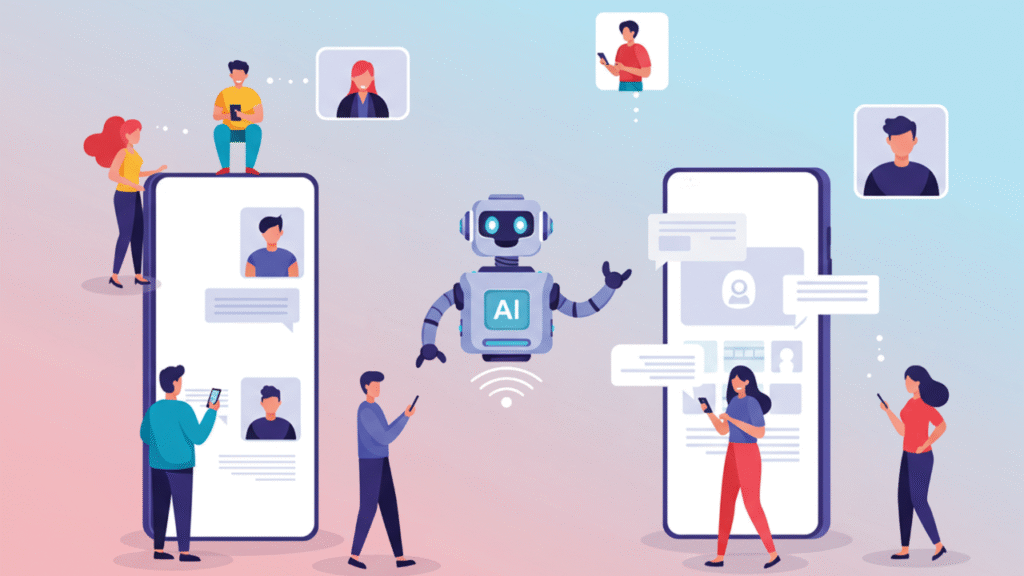
1. Don’t Publish AI Content Without Human Editing
Never copy-paste AI-generated content directly.
Best practice:
- Rewrite in your own words
- Add real examples
- Improve clarity and flow
Why it matters:
Search engines reward human value, not machine output.
2. Avoid Keyword Stuffing Suggested by AI
Some AI tools suggest excessive keyword usage.
Do this instead:
- Use keywords naturally
- Focus on intent, not density
- Write for users first
Rule: If it sounds unnatural, remove it.
3. Focus on Search Intent, Not Volume
High-volume keywords don’t always mean quality traffic.
Use AI tools to:
- Identify informational vs transactional intent
- Match content to user needs
- Answer real questions
This helps avoid thin or misleading content penalties.
4. Add Original Insights AI Can’t Generate
Google values experience and originality.
Add:
- Personal observations
- Case studies
- Data from your work
- Expert opinions
This separates your content from mass AI-generated pages.
5. Use AI Tools for Structure, Not Shortcuts
AI is best used for:
- Content outlines
- Topic clusters
- FAQ ideas
- Internal linking suggestions
Avoid using AI to:
- Mass-produce pages
- Spin similar content
- Rewrite competitors at scale
6. Optimize for Answers, Not Manipulation
AI search engines prioritize clear, direct answers.
Best practices:
- One clear answer per section
- Short paragraphs
- Simple language
- Bullet points where needed
This improves AEO visibility without spam risk.
7. Maintain Content Freshness
Don’t generate content once and forget it.
Use AI SEO tools to:
- Update outdated sections
- Refresh statistics
- Improve clarity
Regular updates signal quality and trust.
8. Avoid Duplicate or Template-Based Pages
Never create hundreds of pages with the same structure and wording.
Each page should have:
- Unique angle
- Unique examples
- Unique purpose
Duplicate patterns are a major spam signal.
9. Use AI for Analysis, Not Deception
Correct usage:
- Competitor analysis
- Gap identification
- SERP behavior insights
Wrong usage:
- Hiding affiliate intent
- Creating misleading content
- Fake reviews or claims
Transparency matters
10. Monitor Performance and AI Visibility
Track:
- Engagement metrics
- Bounce rate
- Search impressions
- AI citations (if possible)
If content drops suddenly, review for:
- Intent mismatch.
- Over-optimization
- Low originality
Benefits of Using AI SEO Tools in 2025
AI SEO tools are transforming how businesses approach search engine optimization. Here’s why using them in 2025 can give you a competitive edge:
1. Save Time on Repetitive Tasks
- AI automates keyword research, content optimization, and backlink tracking.
- Tasks that once took hours can now be completed in minutes, freeing up time for strategy and creative work.
2. Improve Keyword Targeting
- AI analyzes search trends and user intent at scale.
- It identifies high-value keywords that manual research might miss.
- Tools like Surfer SEO and SEMrush AI Toolkit provide smart keyword clusters to boost rankings.
3. Data-Driven Decisions
- AI tools process large datasets quickly, offering actionable insights.
- You get recommendations based on real-time SERP analysis rather than guesswork.
- Example: Ahrefs AI Assistant predicts which content can drive the most traffic.
4. Enhance Content Quality and Relevance
- AI-powered tools like Clearscope and Frase.io evaluate your content against top-ranking pages.
- They suggest improvements for readability, keyword density, and semantic relevance.
- Result: Higher chances of ranking and better user engagement.
5. Boost Website Rankings
- By optimizing on-page SEO, improving content relevance, and tracking competitor strategies, AI tools help your site climb SERPs faster.
- Predictive analytics shows which strategies are likely to yield the best ROI.
6. Increase Lead Generation and Conversions
- Optimized content attracts the right audience.
- AI identifies gaps in your funnel and recommends improvements to capture more leads.
- Integrating tools like Search Engine Intellect AI Suite ensures your SEO efforts translate into tangible business results.
7. Adapt Quickly to SEO Changes
- AI monitors algorithm updates and SERP shifts in real time.
- It alerts you to potential issues and suggests corrective actions before rankings drop.
Conclusion
AI-powered SEO tools are no longer optional in 2025—they are essential. Search engines and AI platforms now prioritize intent, entities, answers, and topical authority, not just keywords. The right AI SEO tools help you adapt to this shift by improving content quality, technical SEO, AI visibility, and decision-making speed.
Whether you are a beginner, a growing business, or an enterprise SEO team, choosing from the top AI-driven SEO tools allows you to optimize for both Google search and AI search engines like ChatGPT, Gemini, and Claude. Tools such as Semrush AI, Ahrefs AI, Surfer SEO, and MarketMuse each serve different goals, but all support smarter, data-backed SEO strategies.
The key is not to use every tool—but to use the right AI SEO software based on your objectives. Focus on tools that offer strong historical data, AI answer optimization, and entity-based insights. When combined with human strategy, AI SEO tools become a powerful advantage for long-term rankings, visibility, and growth.
